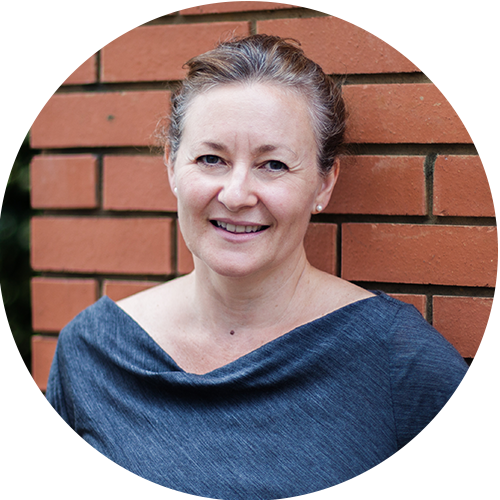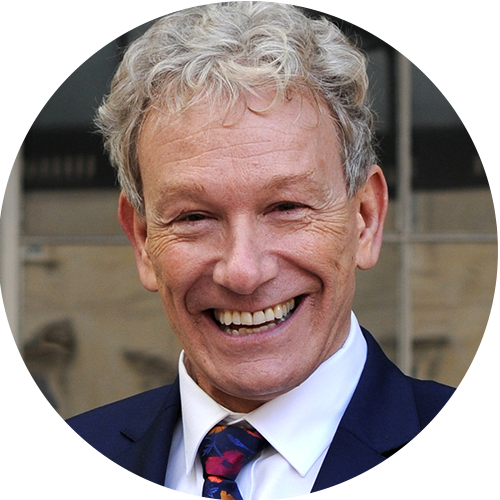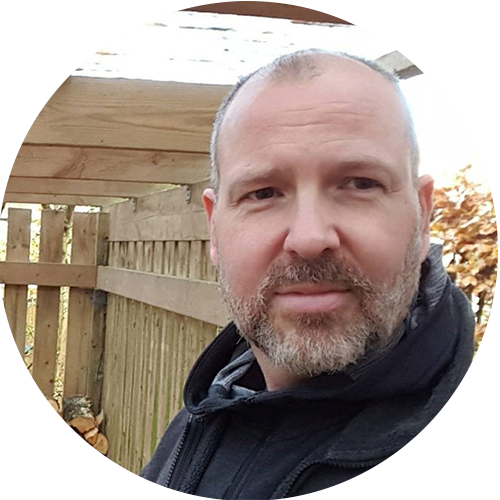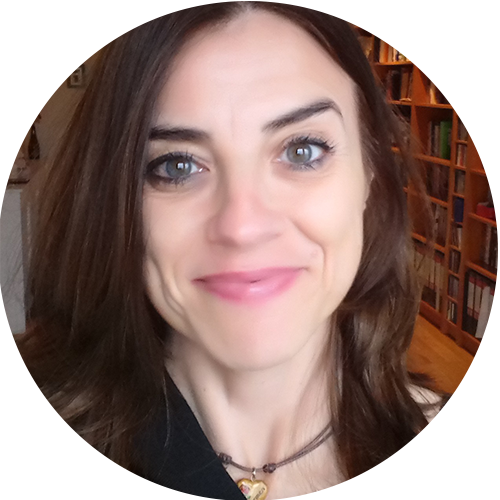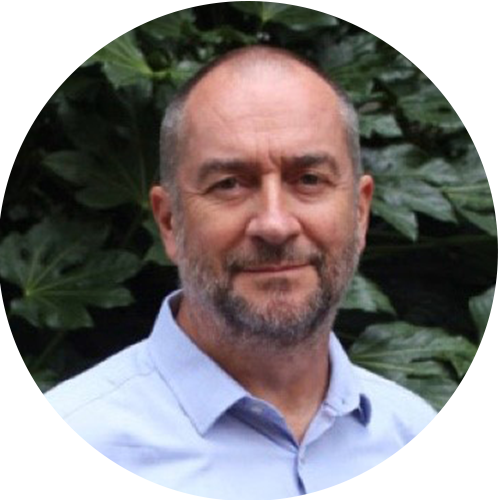Anti-social behaviour
Contemporary childhood
Anti-social and disruptive behaviour is the most frequently diagnosed mental and behavioural problem in childhood and carries a poor long-term outlook if untreated. Our team sees children aged between three and eight years old who persistently behave in an aggressive or defiant way, as well as helping families experiencing ongoing difficulties with disruptive children and stressful family relationships. We continue to develop and personalise treatment approaches to make interventions more effective.
Our clinical work
Our team provide assessments and, in the majority of cases, treatment as well. Our key areas include children and young people with attention deficit hyperactivity disorder, aggressive or disruptive behaviour and impulsiveness.
As part of diagnosis, we offer assessment of the young person’s family environment and school functioning. As part of treatment, we can offer parental training on improving the parent and child relationship using real-time coaching and liaison with school and education services. This includes school visits, advice on behavioural management and learning strategies in class.
Our research
A key element of our research is conducting trials to evaluate the benefits of parenting interventions for antisocial behaviours, and to establish how we can personalise interventions for different children and young people to increase the chance of success. This involves focusing on which programmes work for which families, who may need additional resources, meaning we can engage harder to reach families with personalised programmes.
Find out more
Read more about our research and key publications here.
Our partnership work
Our collaborative work has led to the development of a postgraduate parenting diploma as part of the Children and Young People’s Improving Access to Psychological Therapies programme (CYP-IAPT). We have pushed for the incorporation of evidence-based interventions into well-being practitioner and educational mental health practitioner training programmes.
Our future vision for children and young people
Our ongoing mission is to continue our innovative personalisation of treatment approaches which have the potential to make interventions more effective, especially for the more complex families for whom traditional models have not worked.
